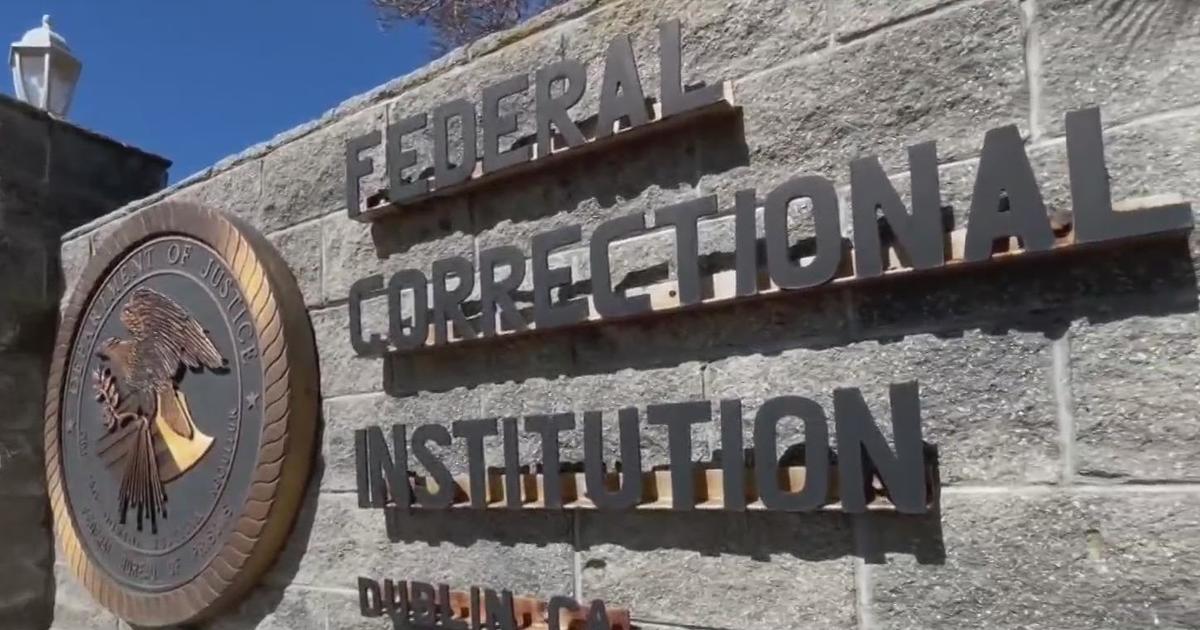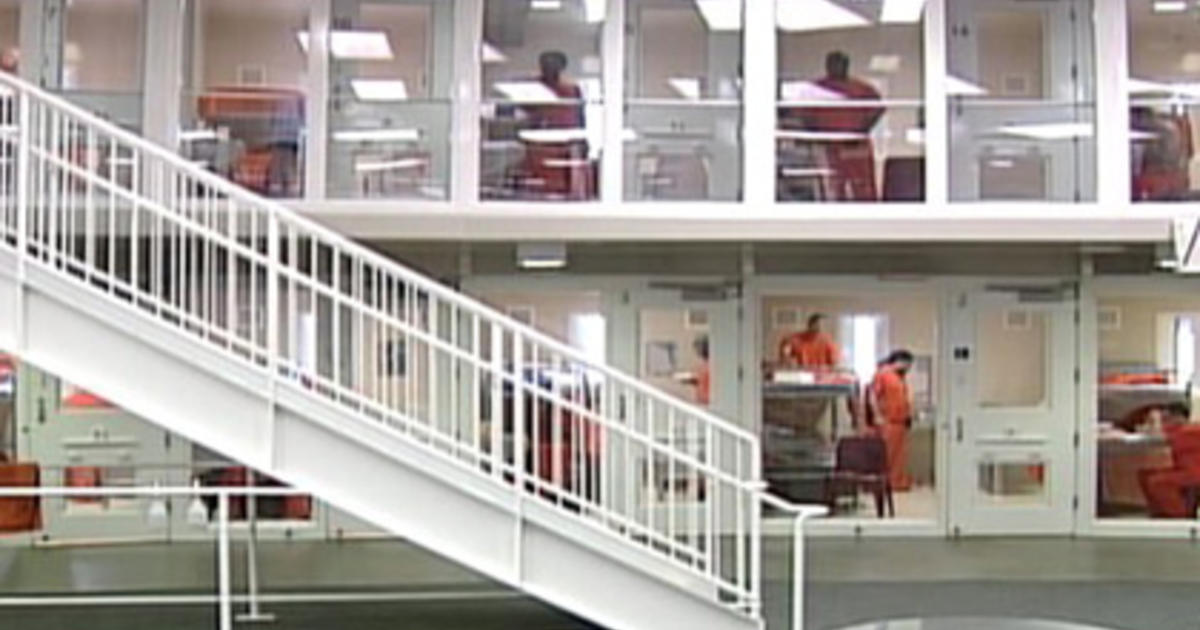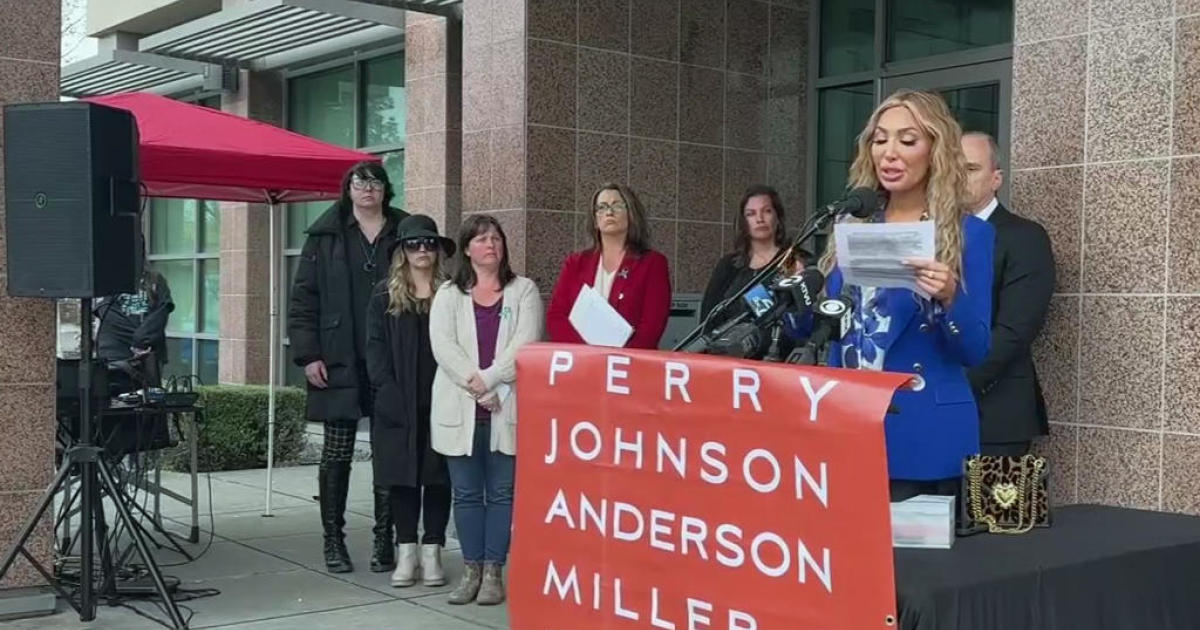Schwarzenegger Proposes $9.9B In Cuts, Fund Shifts
SACRAMENTO (KCBS / AP) -- Gov. Arnold Schwarzenegger on Monday declared a fiscal emergency in California and asked lawmakers to meet in a special session to close an immediate $6 billion deficit.
The Republican governor announced a plan that relies largely on cuts to health care and social services for the poor, a proposal that was not received enthusiastically by the Democrats who control the Legislature.
KCBS' Chris Filippi Reports:
About $7.4 billion of Schwarzenegger's proposal would come from cuts, include reducing cash assistance to needy families by 15.7 percent in April, then eliminating the entire welfare-to-work program in July.
He wants to eliminate vision coverage and increase monthly premiums for Healthy Families, a program that provides health coverage for children of low-income families.
The governor also is asking the state to limit prescriptions and cap physician visits to 10 a year for Medi-Cal recipients. Medi-Cal is the state's medical program for the poor.
Schwarzenegger referred to the Legislature's record-long budget impasse earlier this year in explaining why he was calling lawmakers into a special budget session. He said lawmakers should act immediately because cuts can take months to take effect.
"It is extremely important that they start right now. That's the fiscally responsible thing to do," Schwarzenegger said. "Like I said, I think any governor, it's not just me, any governor that sits here would do exactly the same thing."
Schwarzenegger called his eighth special session on the budget the same day new lawmakers were sworn into office. Under the special session provisions, the Legislature has 45 days to address the fiscal crisis and would be prohibited from acting on other bills should they fail to respond by that deadline.
Schwarzenegger will be gone from office long before then, with Gov.-elect Jerry Brown taking over on Jan. 3. Democratic lawmakers have indicated they would be more inclined to wait for Brown before taking action on the state's deficit.
"I believe the governor will have a difficult time convincing the Legislature to approve his proposal given the fact that it doesn't address the entire problem, doesn't create jobs and is in fact a rehash of proposals we have already considered and rejected," Assembly Speaker John Perez, D-Los Angeles, said in a statement.
Perez on Monday outlined his agenda for the year as he convened a new legislative session and swore in a new batch of lawmakers. Among Perez's plans is a bill to overturn the governor's veto of child care services in order to save $256 million.
California faces a budget shortfall of $6 billion in the current fiscal year and more than $19 billion in the fiscal year that will begin July 1.
The budget that he signed Oct. 8 was filled with overly optimistic revenue assumptions, cost shifts and it assumed more federal aid than the state can expect to receive. Many, including the nonpartisan Legislative Analyst's Office, had warned the spending plan would not hold.
Although California's $1.9 trillion economy is seeing some signs of recovery with recent retail sales and export figures rising, the governor said the state's tax system remains broken and the level of spending unsustainable.
Schwarzenegger said his proposal would save the state $9.9 billion over the next two fiscal years and make it easier for the next governor to tackle the state's fiscal problems.
"He will no doubt inherit the deficit just like I did the first day when I came into office," Schwarzenegger said.
"I'm very happy that we responded very quickly when I came into office and we were very fortunate that the economy increased and revenues increased very quickly and jobs increased. But of course we were hit by another recession, the biggest recession since the Great Depression. It rocked our state with such force that the fault lines in our budget system became craters."
In recent years, the state has been forced to cut billions of dollars of the budget and rolled back education and social spending. Schwarzenegger said his latest proposals are harsh because "we know there are no low-hanging fruit."
Along with the spending cuts, he also is proposing more than $2 billion in fund shifts and other revenue, including a 4.8 percent surcharge on property insurance to fund firefighting and other emergency services. His previous efforts to pass the surcharge have failed.
Republican lawmakers urged Democrats to begin tackling the shortfall.
"One thing is clear: The status quo strategy of slash-and-burn cuts will not fix California," said Sen. Sam Blakeslee, R-San Luis Obispo. "We are long overdue for a serious re-evaluation of the role and operation of California government."
Brown, a Democrat, is expected to hold the first in a series of budget forums later this week. Brown will be sworn in Jan. 3.
"I'm hoping people will get out of their comfort zone and cooperate, because the state is facing a fiscal crisis, and so is the nation," Brown told The Associated Press after meeting separately with Republican and Democratic lawmakers Monday. "I'm hopeful the leaders in California will approach the budget with a real sense of discipline and fairness. People are friendly and chatty today, but there's no telling what that means, what it portends."
Even as Schwarzenegger called on state lawmakers to take immediate action on California's financial crisis, one former Republican Bay Area assemblyman maintained that the only financial fix for the state was to raise taxes. All the same, he warned - don't hold your breath that it would happen.
KCBS' Susan Leigh Taylor Reports:
Democrats, Bill Bagley theorized, would rather wait and deal with incoming Gov. Jerry Brown. He also warned of a systemic, built-in problem.
"The discretionary amount in the budget is around $20 to $25 billion. You can't cut over a period of a year or so, in one year, $20 billion."
Bagley, who represented Marin and Sonoma counties, was chairman of the committee for then-Gov. Reagan's tax increase in 1970. It was $2 billion on a $10 billion budget.
"We were there to govern then," he declared. "The problem today is that with term limits, two-thirds of your colleagues, after four years, are gone. These people don't even know each other."
Bagley blamed one specific cut for the current $24 billion deficit California faced.
"Six years ago, Gov. Schwarzenegger had the discretion to cut the vehicle tax. He cut it $4 billion a year," said Bagley.
(© 2010 CBS Broadcasting Inc. All Rights Reserved. This material may not be published, broadcast, rewritten, or redistributed. The Associated Press contributed to this report.)



